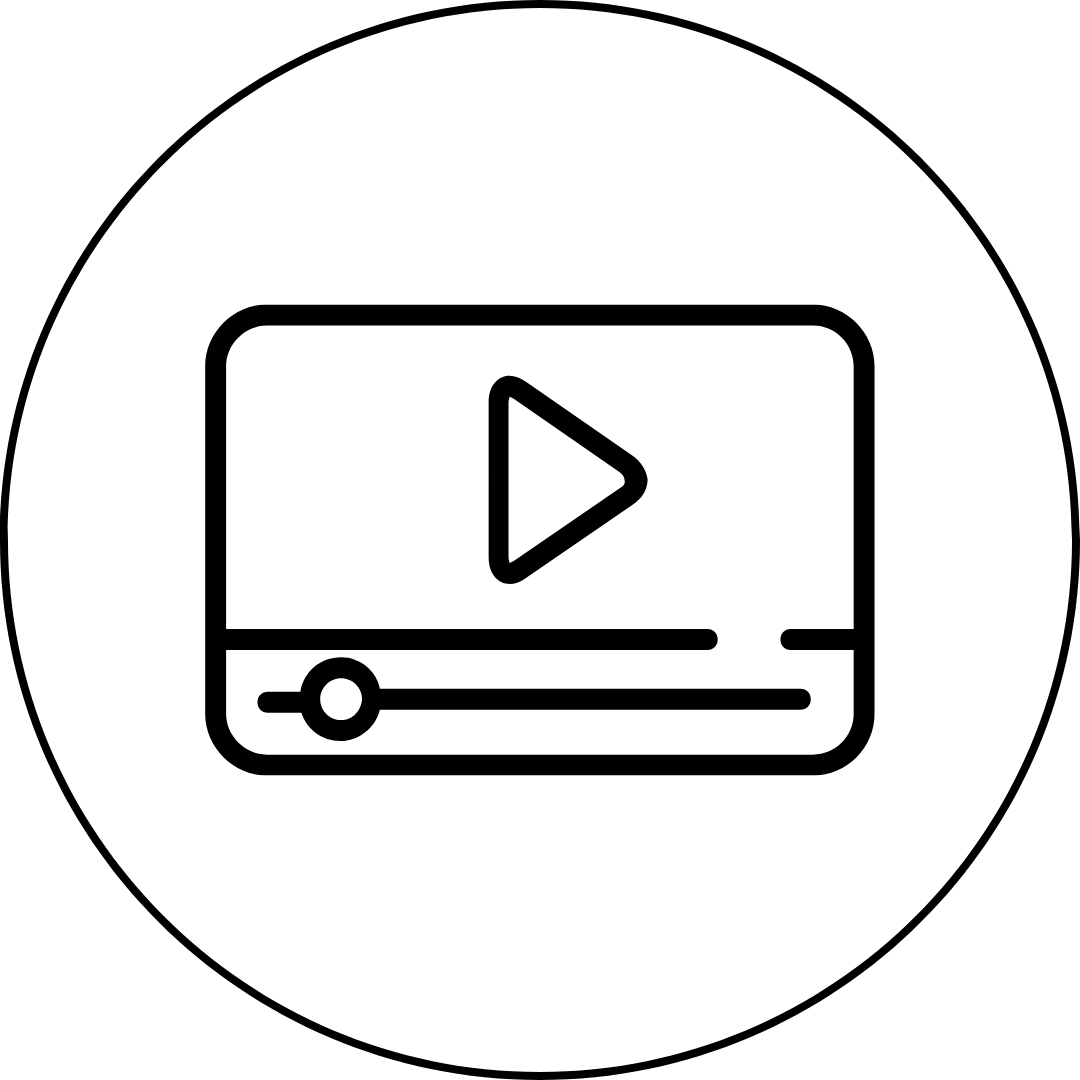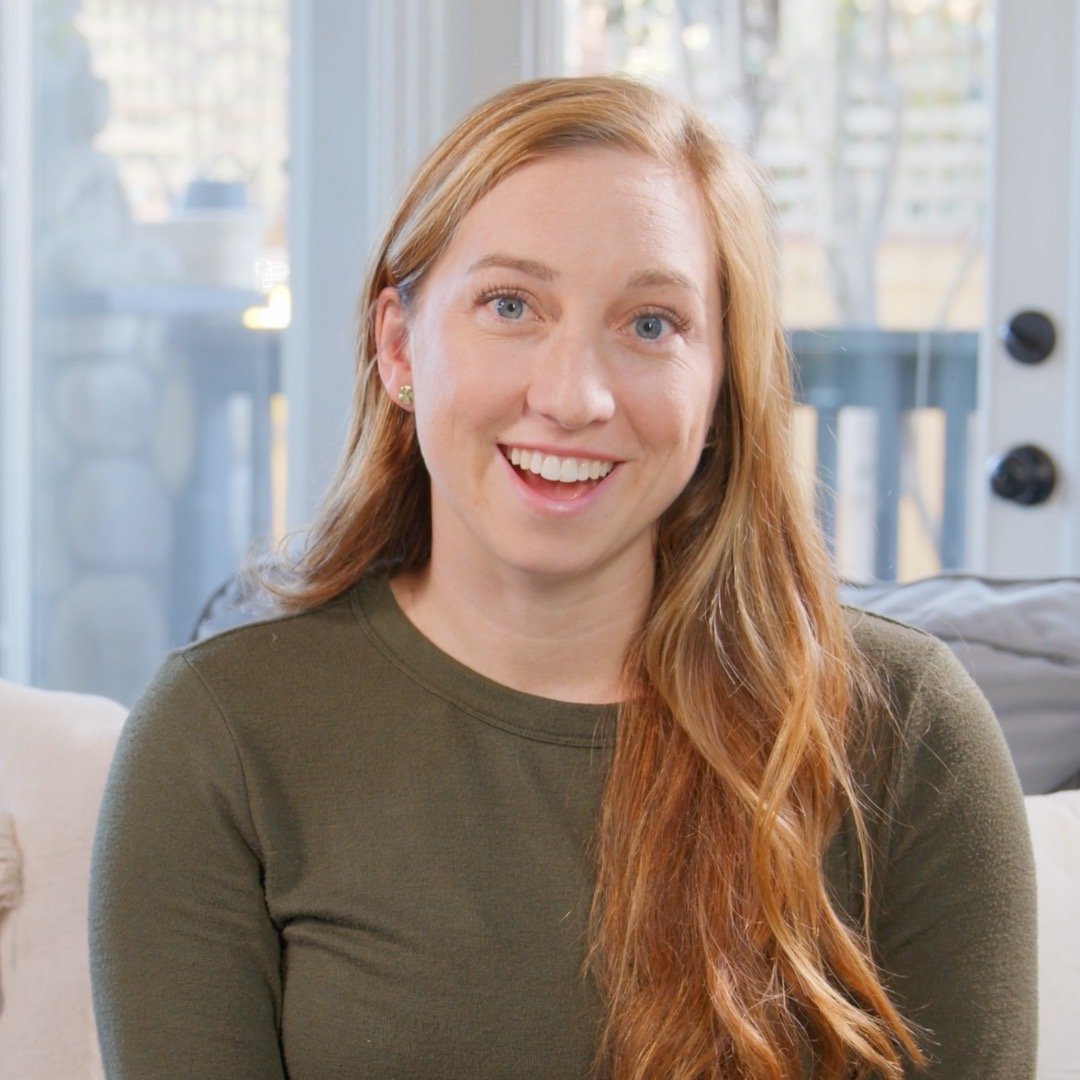Speech Development
How Toddlers Learn to Speak Clearly
A FREE Short Course For Parents Of Toddlers
Speech Sound Development
18 Minutes
8 Video Lessons
(1-4 Minutes Each)
Beginner
1 Free Download
Hello and Welcome to the Toddler Speech Starter Course!
My name is Stephanie Keffer. I am an ASHA certified speech therapist in California and North Carolina specializing in early childhood. I’ll be your instructor for this starter course on toddler speech development.
Please don’t hesitate to take advantage of the “Ask a question” links provided in each section of the series; I’ll be happy to answer any questions you have.
Let’s get started!
Stephanie Keffer, MS CCC-SLP
All About Toddler Speech Development
I’m excited to teach you about toddler speech development! This video is designed to introduce the different topics we will be covering.
If you’re just getting started I recommend completing this starter course on speech development and then coming back for more specific information related to articulation, phonology, and motor speech.
If you already know where you’re headed, I’ve included links to learn more about the different areas of speech development below.
Speech versus Language
Toddlers are developing both speech and language skills simultaneously.
Speech refers to the actual sounds your child makes; it happens in your mouth. Speech is how we move all the parts of our mouth to pronounce sounds clearly.
Language is all about the things your child understands and how they express themselves. Language happens in the brain and includes the words and gestures we know and use.
Discover more about how kids develop speech and language, and to identify the common signs of speech and language delay in toddlers.
How toddlers develop speech and learn to talk clearly
Language (which happens in the brain) and speech (which happens in the mouth) work together to help us communicate.
As toddlers are learning to talk, they develop both speech and language skills simultaneously. Learn what it looks like when children face difficulties in developing either speech or language so you can identify the signs.
Understanding which skills are challenging to toddlers allows us to provide the best support for them!
Toddler Speech Errors - Should you worry?
It’s important to remember that not every error your child makes in speech and language indicates an actual problem depending on your child’s age. We would expect young children to mispronounce words either by leaving sounds our or replacing one sound for another. For example, they may say “Bah” for ball or “Tat” for cat.
Some of the most common speech and language mistakes for toddlers including: leaving the sounds off the ends of words, incorrect verb conjugations, and simplifying sentences.
Learn more about toddler speech errors in this video.
Toddler Speech Intelligibility
"When will my toddler start talking clearly?" - One of the most common questions of toddler parents. In this video you'll learn about toddler speech intelligibility, which is a speech therapy term to talk about how clearly kids are speaking.
The most obvious sign that your child might be having a hard time developing their speech skills is that you have a hard time understanding them. Knowing the guidelines for intelligibility can help you identify a challenge your child may be facing and support them early on.
Practicing Speech At Home
Practicing speech at home can be tricky. Part of having successful practice is knowing when to stop and when it's time to take a break. It’s time to stop practicing speech at home if your child is frustrated or “refusing to talk.” And here’s why.
Often toddlers who struggle with speech are more prone to feeling frustrated during at home practice. The frustration comes from knowing what they want to say but being unable to pronounce the sounds or words despite their best efforts.
Watch the video to learn our best recommendations for at home speech practice.
Finding a speech therapist near you
Two important professionals to consult if your child is struggling with speech are an audiologist and a speech language pathologist (speech therapist).
First, you’ll want to be sure to get your child’s hearing tested. Even little differences in hearing due to ear infections can affect speech.
Second, you will have an evaluation with a speech therapist to identify what is making it harder for your child to learn speech and so you can identify the best way to support them.
An Overview of The 3 Main Areas Of Speech Development
Speech development is complex and ongoing throughout the first 5-7 years of your child’s life. Learning about speech development gives us an appreciation for how hard toddlers are working!
And, understanding the different aspects of speech development can help you identify any challenges your child may be facing early on and offer them support to get them talking clearly.
Continue learning about one or more of the specific areas of speech development using the links provided below.
Parents Also Asked These Questions About
Speech Development
-
At 2 years old (24 months) a child’s speech will be understood by their parents about 50-75% of the time and less, about 25-50% of the time, for people who spend less time with them.
-
There are many different milestones for toddler speech, including the individual sounds they can produce, the way they pronounce sounds together in words, and how clearly they are speaking. If you notice your child is falling behind or you have a gut feeling something is off, be sure to talk to your child’s pediatrician about a speech and language evaluation.
-
A child is considered to have a speech delay if they reach milestones in articulation, phonology, and speech intelligibility later than most other children their same age.
-
A language disorder has to do with how children (or adults) use language to communicate as a result of challenges with understanding, vocabulary, or conversation.
A speech disorder happens when people have a hard time speaking clearly, it has to do with pronunciation.
-
Yes, you can have speech without language. Babbling is one example.
-
Babbling is an example of speech without language. When babies babble, they are making sounds but there is no meaning in the sounds they are saying.
-
A 2 year old should be understood by their parents and primary caregivers about 50-75% of the time. By the time children turn 3 (36 months) it would be expected that their parents can understand 75-100% of what they say.
-
In order to improve speech intelligibility you must first identify which aspect of speech is impacting intelligibility, either articulation, phonology, and/or motor speech skills. After you’ve identified what is impacting intelligibility, speech therapists will create strategic plans for supporting that area of speech.
Free Download
Speech Intelligibility Guide - PDF Download
Did you enjoy the Articulation Short Course?
You may also like one of our other parent friendly “courses”
Learn to identify the early signs of childhood apraxia of speech and how speech therapists can help
Discover speech sounds toddlers develop and at which age - plus see how to teach new sounds at home










